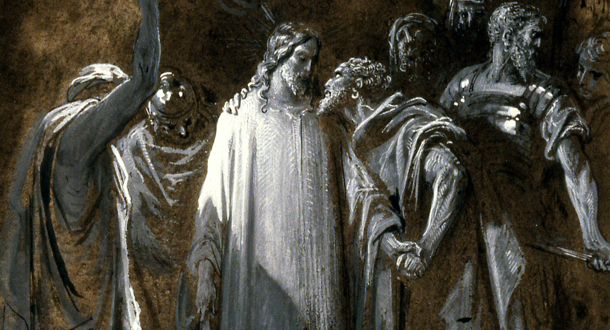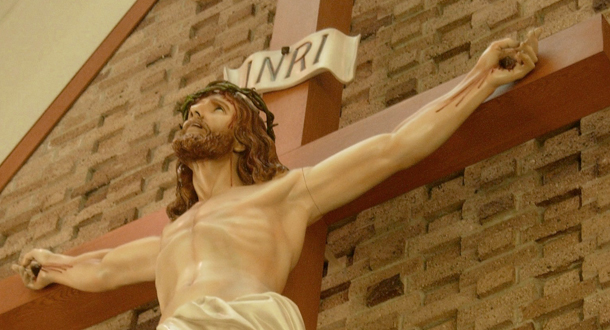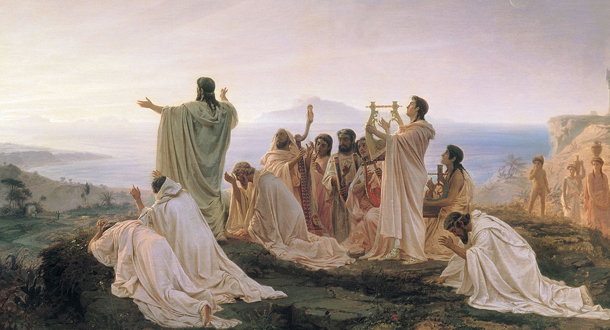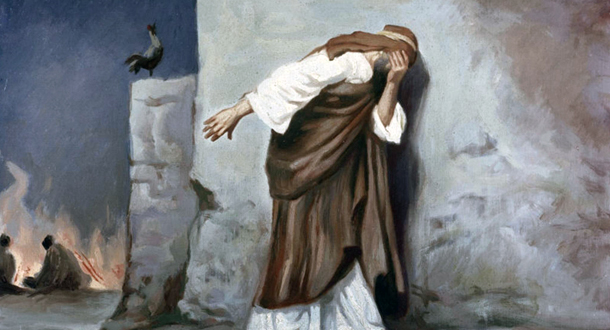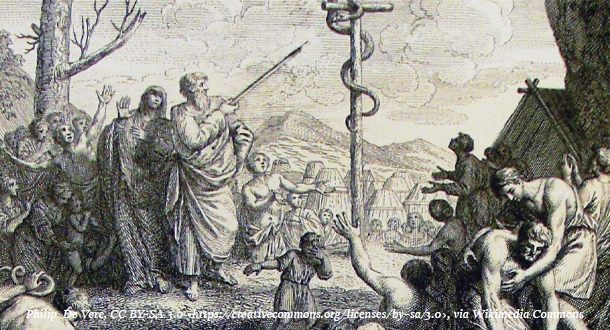
Easter Sunday of the Resurrection of the Lord
Scriptures:
Acts 10:34, 37-43
Colossians 3:1-4 or 1 Corinthians 5:6-8
John 20:1-9
Reflection
One sentence hidden away in our scripture readings today should absolutely not be overlooked, for it powerfully expresses the galvanizing truth at the heart of Easter, the feast that gave birth to Christianity and undoubtedly the most important day in the history of the world. The sentence appears at the conclusion of today’s gospel: “Remember, as yet they did not understand the Scripture that Jesus had to rise from the dead.” Notice that it doesn’t say that Jesus “might” or “could” or even “will” rise from the dead, but that Jesus had to rise from the dead. The history of the world pivots on that declaration because anything less than that forceful had could not supply the hope and trust and reassurance we need to sustain our lives. If Jesus did not have to rise from the dead, death wins and evil and darkness abound. If Jesus’ resurrection did not have to occur, hope becomes a tantalizing mirage and trust a fanciful illusion. Take that single word “had” away and there’s no gospel, there’s no good news to proclaim.
Given the God whose love brought all things into being and whose greatest desire is that we might live, Jesus had to rise from the dead. Given the God whose unexcelled love is stronger than evil, darkness, and death—and anything else that threatens our existence—Jesus had to rise from the dead. Easter should not surprise us, it should never catch us off guard. The resurrection of the crucified Christ is the logical consequence of a God whose love for us is so fierce, so unyielding and relentless, that it defies even death. Easter signals God’s everlasting and invincible victory over everything that tries to destroy the love, joy, communion, flourishing, and peace that God wanted for us and the whole of creation from the beginning.
The heart of the Easter message is that death may be real, but love is stronger. To be an Easter people is to joyfully, gratefully, and exuberantly live from and according to that wonderful news each day, faithfully witnessing it in our attitudes, words, and actions to every person we meet.
Paul J. Wadell is Professor Emeritus of Theology & Religious Studies at St. Norbert College in De Pere, Wisconsin, and a member of the Passionist Family.

